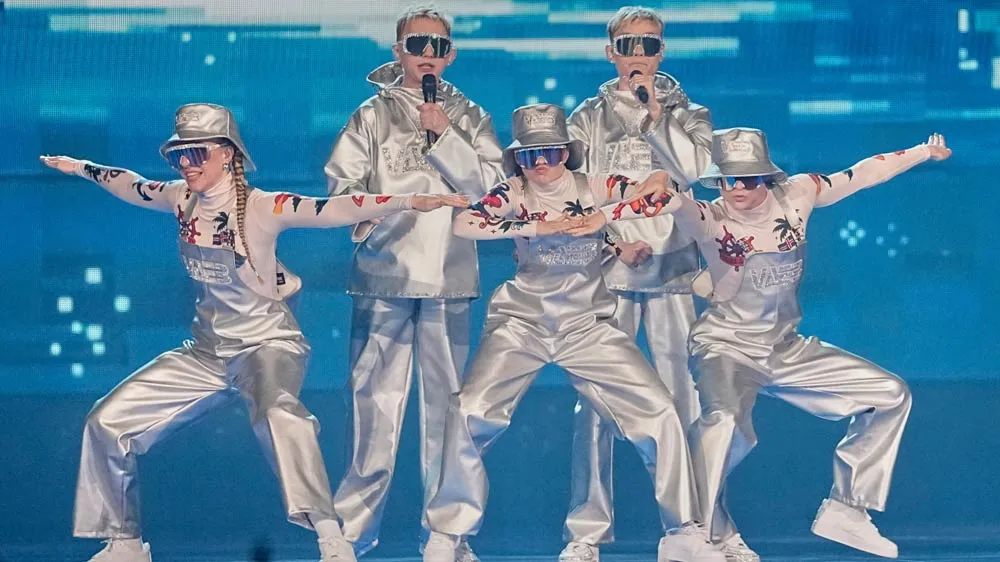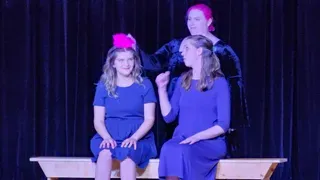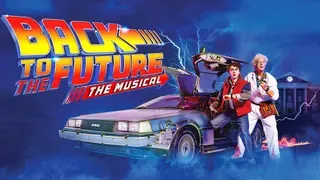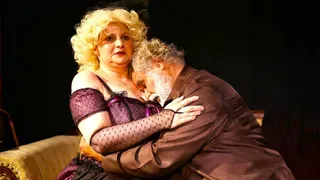October 9, 2014
I Am Harvey Milk
Marcus Scott READ TIME: 5 MIN.
"My name is Harvey Milk and I'm here to recruit you. I want to recruit you for the fight to preserve your democracy. Brothers and sisters, you must come out! Come out to your parents; come out to your friends, if indeed they are your friends. Come out to your neighbors; come out to your fellow workers. Once and for all, let's break down the myths and destroy the lies and distortions. For your sake, for their sake."
When Academy Award winning screenwriter Dustin Lance Black adapted these words for the 2008 Gus Van Sant American biopic "Milk," the 40-year-old LGBT rights activist made a breakthrough in capturing the spirit animal of politician and gay folk hero Harvey Milk: An iridescent, Technicolor phoenix with an urge for equality.
It's fitting that on October 6, the American Civil Liberties Union reported, "The Supreme Court of the United States today denied review in all of the marriage equality cases pending before it. As a result of the Court's action, same-sex couples in Virginia, Wisconsin, Indiana, Oklahoma and Utah will now be able to marry the partners they love." With the California Proposition 8 being ruled unconstitutional officially last year, it was a pleasant reminder of Milk's legacy.
That same evening, "I Am Harvey Milk," a one-night benefit concert of Andrew Lippa's lush oratorio made its Lincoln Center debut in Avery Fisher Hall.
With opening remarks from EGOT legend Whoopi Goldberg and legendary human rights activist Cleve Jones, founder of the Names Project AIDS Memorial Quilt and Milk's prot�g�, the proceeds of the illustrious affair went to establish a Harvey Milk Arts Fund at Hetrick-Martin Institute to "provide much-needed arts education and resources to students at Harvey Milk High School and other at-risk youth that benefit from HMI's services." Also in attendance supporting the work of the benefit were actress Kathy Najimy, musical theatre lion Stephen Schwartz and producers of Milk's 2008 Oscar-winning biopic, Bruce Cohen and Dan Jinks.
Chock-full of sweeping orchestral pop sounds that blends disco bubblegum, soft rock and jazz, Lippa's daring score gorgeously amalgamates a musical theater sensibility with vignettes of Milk's early life, from his far from Halcyon youth to his rise as the first openly gay man to hold public office in California.
While the thin book and plot does not go into great detail about Milk's life, his torrid love affair with Scott Smith, nor his bare-knuckle rivalries with LGBT rights opponents Anita Bryant and John Briggs, the 60-minute oratorio composed of 12 movements act more as a non-chronological eulogy of the martyr than a paint-by-numbers bio-musical, which works for and against the oratorio.
Nicknamed the Mayor of Castro Street, Milk was shot to death at San Francisco City Hall in 1978 at the age of 48. With very little information given about his life, the show ultimately was scribed for the true enthusiast of the man and his message -- LGBTQ and allies -- while limiting the arena for those unfamiliar with the hangover of his successes. Although, there is a haunting musical number, "I Am A Bullet" which is sung from perspective of the fifth bullet that led to Milk's fatal blow.
Apologies, theatregoers and Milk's fanatics: we aren't given a song about the "Twinkie defense," the ridiculous urban legend fabricated by media outlets that ignited a controversial verdict that led to Dan White -- the former San Francisco supervisor turned gunman in the Moscone-Milk assassinations -- being convicted of manslaughter rather than first degree double homicide.
Nevertheless, within the song cycle there are indisputable crowd-pleasers like "Friday Night in the Castro," a disco-style number about gay life in San Francisco in the hedonistic '70s that employs Hi-NRG and operetta. Raising the roof with era-appropriate dance movies and a mammoth mirror ball, the prestigious concert hall transformed into a filthy nightclub. Not that yawn-inducing highbrow magniloquence and dissonance one would expect in a modern-day opera.
There was also the sparkling "Leap," a skyscraping solo by coloratura soprano Kristin Chenoweth, who plays a mother figure to Harvey and his younger self. With glass-shattering power surging through the piece, Chenoweth, who received a Tony singing Lippa's "My New Philosophy" in the 1999 Broadway revival of "You're a Good Man, Charlie Brown," and sang the somewhat platitudinous "Was I Wrong?" earlier in the show, fired back with a compellingly rich anthem of acceptance and self-discovery with "Leap" that inspired chills.
Tony and Grammy Award nominee Andrew Lippa, who played Milk, certainly emerged as a showman, surprising many with his textured, though thin, baritenor. His stunning rendition of the poignant "Lavender Pen," in which Milk recounts the passage of San Francisco's gay rights bill was perhaps one of the most startlingly of the night.
But Lippa has some competition in Noah Marlowe as Young Harvey Milk, a boy soprano last seen in last season's "Act One," who imagined his life as "An Operatic Masterpiece." Triumph, powerhouse and high-octane as expected for an opening of a memorable opera, Marlowe's voice soared with confidence and tenderness.
But by all means, the stars of this sprawling hour-long choral opus was the gaggle of choristers singing back-up behind the soloists, the individually assembled 120-member All-Star Broadway Men's Chorus. As the stars of the show, these big voiced choirboys thrilled the audience, with big belts or hushed tones, passion dripping from their throats. Pushed to the back of the stage, they overpower the auditorium with their fervor. You'll never hear an ode about California's Bay Area more beautifully sung ("San Francisco") or minority existentialism sound so pious yet vulnerable ("A Decent Society").
When the piece originally premiered in July 2013 with the assist of the San Francisco Gay Men's Chorus, the songs were sung as if a love letter to Milk's legacy. But this feels like praise, or perhaps worship. Especially in a time where many of today's leaders are more politically correct and removed these days. No, Milk was his message and lived it. This is gratitude.
With Joel Fram conducting over the Orchestra of St. Luke's, and direction Noah Himmelstein, the climactic call to arms came with "Tired of the Silence," which incorporated the aforementioned speech given by Milk at a gay rights parade. The concluding echo of towering militant war cries of "Come Out!" feel almost as spirit as, say, "American Idiot" felt in 2004.
With images of progress heating up the LED screen above the stage -- British Olympic diver Tom Daley coming out on YouTube, Dustin Lance Black's iconic speech at the 2009 Academy Awards, Edie Windsor fighting for marriage equality and the repeal of Don't Ask, Don't Tell -- the stirring song (and the five minute standing ovation it received after) proved that Milk's message still evokes today.
More than 35 years later, we're still searching for equality, to be heard and for absolute liberty. "I Am Harvey Milk," whatever one's reservations, gives hope that maybe one day, we will.
"I Am Harvey Milk" ran through October 6 at the Avery Fisher Hall, Lincoln Center, 10 Lincoln Center Plaza, in New York City. For information and tickets, call 212-875-5030 or visit www.lc.lincolncenter.org







